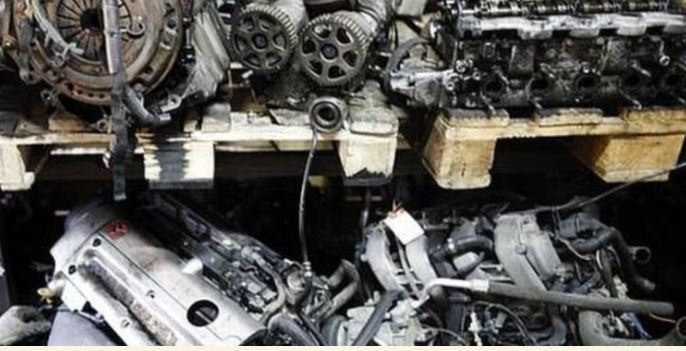Nigeria will start producing auto parts locally, according to NADDC.
The National Automotive Design and Development Council (NADDC) declared that it has put in place the frameworks and procedures required to start producing auto parts locally.
The goal of this program is to lessen Nigeria’s dependency on imports, which now cost the nation $1 billion a year.
This was revealed by NADDC Director General Joseph Osanipin at the end of a two-week automotive engineering and software design course in Abuja that was organized in collaboration with South Korea’s Midas IT Co. and focused on the Midas NFX software, a platform for sophisticated design and analysis.
Fidelis Achiv, the Director of Research Design and Development, spoke on behalf of the DG and emphasized the council’s dedication to revolutionizing Nigeria’s automotive sector by raising the proportion of locally produced parts used in vehicle assembly. “We are striving to reach a point where we can resume putting together cars with up to 40% locally produced parts. In Nigeria, we have car assemblies, however the current assembly process does not significantly boost the country’s economy.

Assembled vehicles arrive fully constructed; they simply need to have their tires, exhaust system, and engine removed before being sent and assembled here. However, we wish to move past that to a point where these cars are useful unpainted, certain component parts are made here, welding is done here, and the assembly will increase value and create jobs. On Nigerian roadways, there are more than 11 million automobiles.
“If we can focus on producing just 10 of the more than 3,000 parts that make up a vehicle, we can brag that Nigeria produces the best 10 parts in the world, and the market will be enormous.” “Our economy is going to change,” he said.
The goal of the 15-person training boot camp was to give engineers the tools they need to realize this goal.
In order to make Nigeria self-sufficient in the production of car parts, “the essence is to train engineers to design and produce parts,” Achiv added.
Encouraging creativity
The managing director of FAZSAL Nigeria Limited, Abdul-Lawal Zubair, urged participants to use their newly learned abilities in a practical and innovative way to tackle issues in the automotive sector.
“You have not only observed design theory, but also its application. Take care of the problems for us. This agency chose Midas NFX out of all the software for a reason.
Allow them to be pleased with you. You might be called for further training, perhaps in South Korea. Don’t merely be familiar with the software and use it. “Be creative and provide answers,” he said.
Lukman, one of the participants, conveyed his appreciation for the chance to experience the cutting-edge Midas NFX software.
My capacity for thought and reasoning has expanded as a result of this training. The modeling and analysis software is excellent. We are now better able to use our imaginations and help create the things we eat. “This software provides a platform for design optimization and launching creative concepts into the market,” he said.
Join Our Social Media Channels:
WhatsApp: NaijaEyes
Facebook: NaijaEyes
Twitter: NaijaEyes
Instagram: NaijaEyes
TikTok: NaijaEyes